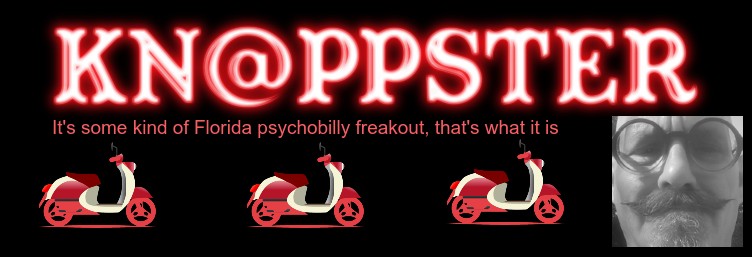Don't say I didn't warn you. If you read this post, there will be mentions of significant plot elements in No Time to Die that were left out of my Fairly Short and Hopefully Spoiler-Free Review. Proceed beyond the big font below only if you've already seen the film, or have already run into major spoilers elsewhere, or don't care about not being surprised when you do see it.
WARNING: SPOILERS AHEAD
This post isn't so much about the movie alone as it is about why Daniel Craig is the greatest of the James Bonds. Not because he's the greatest actor to have played 007, although I think a fair case could be made for that claim, but because his turn in the role accomplishes some things plot-wise and writing-wise that previous iterations don't.
First, the five Craig movies in the Bond franchise present a coherent story arc from his ascent to "double 0" rank in MI-6 at the beginning of Casino Royale, complete with pre-MI-6 character back-story elements in e.g. Skyfall, to his -- spoiler #1 -- death. Yes, he dies a fiery death at the end of the fifth movie. But not before discovering that Blofeld is "the author of all his pain" and dismantling SPECTRE.
Second, the arc plays Craig as what Ian Fleming (in the novels) and M (in Casino Royale) call Bond: "A blunt instrument." He can pull off the suave/debonair thing like Connery or Brosnan. He can throw off a casual dry one-liner like Roger Moore. But mostly he does what Dalton wanted to do, which is play the character as a vicious killer working in a vicious environment for a vicious agency. A vicious killer who's aware of, and damaged by, the amorality of what he does.
Third, the arc develops him as a person vis a vis personal romance, as opposed to "hook up with the sex pots and after your spouse is poisoned in You Only Live Twice move right along in On Her Majesty's Secret Service." This Bond falls in love, then forswears that idea seemingly permanently when Vesper Lynd dies having apparently betrayed him, then finally tries love again with Madeleine Swann, thinks he's been betrayed again, goes off to sulk and not be a vicious killer anymore for five years, returns when SPECTRE seems to raise its ugly head again, discovers Swann didn't betray him and -- spoiler #2 -- that they have a four-year-old daughter, and sacrifices his life when he finds that he can never, ever touch Madeleine or Mathilde (the daughter) again without killing them.
Craig's turn as Bond tells a single story, albeit it one with numerous sub-plots and spread over five films, and it tells that story pretty well (yes, Quantum of Solace drags a bit). The rest of the franchise doesn't hang together that way at all. It doesn't really try to.
Craig's a fine actor, but there's a lot more than acting skill going on here. I think Dalton might have been able to do something similar if the franchise owners hadn't been so intent on trying to keep the Moore era going that they couldn't get their heads around the idea of a troubled, conflicted "blunt instrument" version of 007.
And that's all I have to say about that. For now. I expect to see the movie at least one more time on the big screen, so I may come back with more thoughts later.

No comments:
Post a Comment